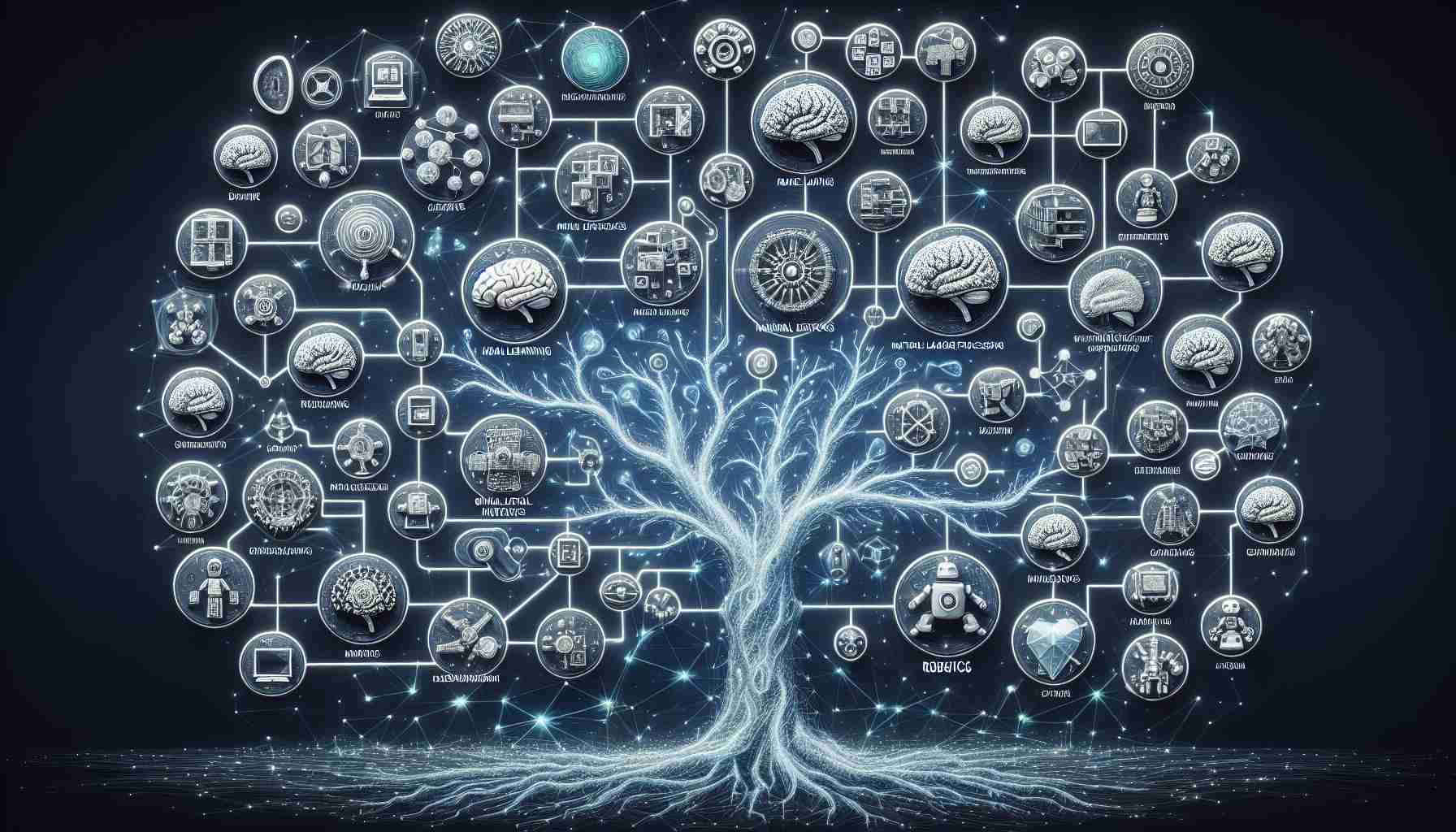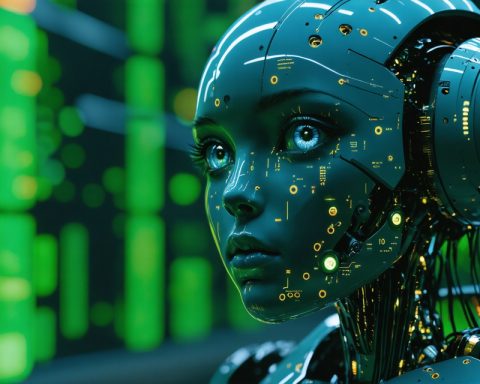Artificial Intelligence (AI) is a vast and diverse field that encompasses various branches, each with its unique approach to solving problems. Understanding these branches is crucial as they all play a significant role in shaping how AI is integrated into our everyday lives.
One prominent branch of AI is Machine Learning (ML). ML focuses on developing algorithms that enable computers to learn patterns and make decisions from data. It’s the backbone of many AI applications, from simple email filtering to complex autonomous driving technologies.
Another essential branch is Natural Language Processing (NLP). NLP specializes in the interaction between computers and humans through natural language. This field has witnessed rapid advancements, driving innovations in translation services, chatbots, and sentiment analysis.
Computer Vision is yet another critical branch. It deals with how computers can gain high-level understanding from digital images or videos. This technology is pivotal in applications such as facial recognition, medical diagnostics, and surveillance.
Robotics is also a key area in AI, involving the design, construction, and operation of robots. This field combines AI with mechanical and electrical engineering to create machines that perform tasks ranging from household vacuuming to deep-sea exploration.
Lastly, Expert Systems are a branch of AI designed to mimic the decision-making ability of a human expert. These systems use a vast amount of knowledge in specific fields to make decisions or solve complex problems.
Each branch of AI contributes to its overarching mission: to create systems that can perform tasks that would typically require human intelligence. As these technologies continue to evolve, they promise to transform industries, enhance efficiencies, and change the way we interact with the digital world.
Unveiling the Untapped Potential of AI: Beyond the Obvious Applications
In today’s rapidly evolving technological landscape, Artificial Intelligence (AI) continues to penetrate deeper into sectors once considered untouchable by automation and computer intelligence. While the branches of AI like Machine Learning, Natural Language Processing, and Robotics are commonly known, lesser-explored avenues like Neuromorphic Computing and Swarm Intelligence are quietly making waves.
Neuromorphic Computing: This emerging field takes inspiration from the human brain’s architecture to build AI systems that can learn and adapt in real-time. The human-centric design promises breakthroughs in adaptive robotics, intelligent prosthetics, and even brain-machine interfaces. These innovations could profoundly affect healthcare, offering rehabilitative solutions for patients with neurological disorders.
Swarm Intelligence: Inspired by the collective behavior of social insects, this AI branch focuses on decentralized, self-organized systems. Applications range from optimizing supply chain logistics to managing the traffic flow of autonomous drone fleets. Imagine a future where swarms of drones collaborate to provide disaster relief or perform surveillance, effectively reshaping emergency response strategies.
Faced with such groundbreaking potential, questions arise: How will societies regulate these new technologies to ensure ethical use? As AI branches like Neuromorphic Computing develop human-like reasoning abilities, what will be the implications for data privacy?
For more in-depth information about AI’s broad applications, visit IBM and Microsoft. These industry leaders are at the forefront of AI research and development, providing valuable insights into how AI technologies impact global communities.
As AI continues to evolve, its influence over diverse sectors offers both opportunities and challenges, demanding nuanced approaches to integration and governance.








